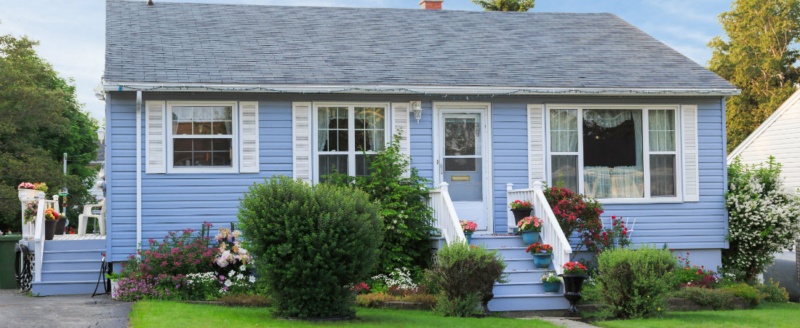While you can’t always predict future tax liability on investment property, here are issues that many real estate investors struggle with when structuring an inheritance.
Q: We have a rental property (titled in the name of our trust) which shall pass to our three sons upon our deaths. When our sons sell the property after our death, will they be required to “pay back” the depreciation we took on our tax returns?
I understand if we sold the property, the depreciation taken during rental period would be recaptured on our federal income taxes. Does this change when a fully depreciated property is inherited? The stepped-up value they inherit will be sizable, currently estimated at $400,000. We are trying to leave assets in the most unencumbered way possible for our sons.
A: Your question has a two-part answer, mostly because we don’t know what tax changes may be coming in the future. So, under current federal income tax laws, when you buy a piece of real estate, you get to depreciate the improvements — the building, parking lot, storage facility, etc. — over a certain period of time.
If that period of time is 27.5 years and you own the building for 28 years, your cost for federal income tax purposes would be zero. The land would have value, but over the prior 28 years you would have received a depreciation benefit on your income tax return for all those years and when you sell the building the IRS will want you to repay that benefit back at a tax rate of 25 percent.
In the most simplistic example, let’s say you have a building that you purchased for $150,000 and the value of the building was $137,500 and the land value was $12,500. If you owned that building for almost 30 years, your basis for IRS purposes would be zero for the building but the land value would be $12,500. (You can’t depreciate land.)
If you sell the property for $300,000, the IRS would tax you on $300,000 even though you paid only $150,000, because you depreciated the value of the building to zero and we’re assuming the land has not appreciated in value. On your tax return, $137,500 of the original purchase price of $150,000 would be taxed at 25 percent and roughly $150,000 would be taxed at your capital gains tax rate of around 20 percent.
Now, let’s address the issue of your kids and the trust. We’re going to assume you have a standard revocable trust holding title to the property. And, let’s also assume your children inherit your property today and they sell the property for $312,500, their IRS “cost” or basis would be $312,500 or the value of the property at or around the time your kids inherited it. Since they sold it for the same value at which they inherited the property (according to current IRS rules), your kids wouldn’t have any federal income taxes to pay on the sale.
Under current tax law, if an estate in 2017 is valued at less than $5.49 million (or, about $11 million combined with your spouse), it may not owe any estate taxes. Either way, this amounts to a pretty good deal for you and your kids.
With the proposed tax reforms now under discussion in Congress, it’s possible that the scenario will get even better. If it passes, the proposed elimination of the estate tax altogether will allow properties and estates of any size to pass down tax free.
There’s too much that’s unknown at this point about the proposed tax reform, but what is known is that it would affect all parts of the tax code, including capital gains tax rates, ordinary income tax brackets, the stepped-up basis rules, the Alternative Minimum Tax (AMT) and the standard deduction amounts. In essence, all of these rules could change and may affect where things would end up for you.
Like everyone else in America, you’ll need to watch and wait until the tax laws settle down to have a clearer view of where your kids might end up financially at the end of the day.
[amazon_link asins=’1524763438,B01GDOHPJK,B00KJ1AFSC,B009OCM8WS’ template=’ProductCarousel’ store=’thinkglink-20′ marketplace=’US’ link_id=’f9551d99-c0c3-11e7-a8f6-75fee37b5450′]







Leave A Comment